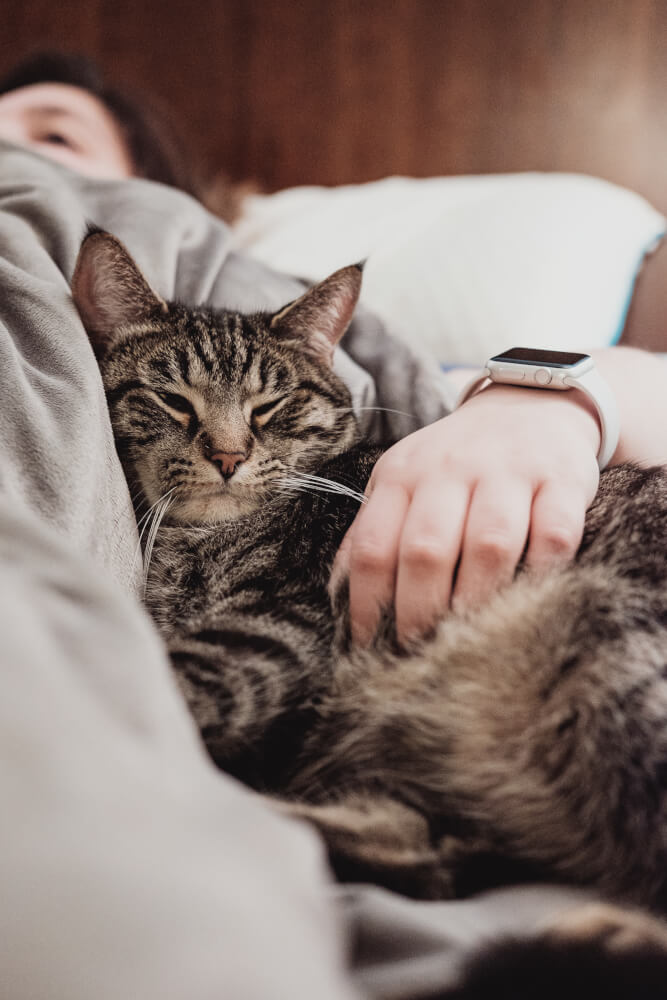On one hand, there are many ways having a pet can contribute to your health. Pets offer emotional support, help people exercise and assist the disabled.
On the other hand, pets (and other animals) can also spread diseases to people. Called zoonotic diseases or zoonoses, they can be especially dangerous for young children and people with certain medical conditions.
There are two main types. One, such as leptospirosis (a bacterial infection), can be transmitted from animals to people. The other type infects both people and pets. Lyme disease, for example, can cause arthritis and is spread by ticks.
Fortunately, there are ways to keep your family and pets healthy. According to veterinarians, you should:
• Get a wellness exam for your pet every six months. Remember, pets age seven times faster, on average, than people and need regular checkups.
• Make sure your pet is protected against disease whenever possible. Many zoonotic diseases, including leptospirosis, Lyme disease, rabies and giardia (a parasitic infection), can be prevented by vaccination.
• Ask your veterinarian about flea and tick control.
• Wash your hands often when touching, playing with or caring for pets.
• Never handle the stool of any animal without wearing disposable gloves or using a plastic barrier.
• Avoid kissing your pet or letting him lick your face.
• Do daily “tick checks” on yourself, your kids and your pet. If you find a tick, use tweezers to slowly pull it out. After removing the tick, immerse it in rubbing alcohol. Wash the tick bite wound and your hands with soap and water.
• If you’re pregnant, have someone else clean the cat’s litter box. If you must do it yourself, wear gloves and immediately wash your hands after changing the litter.
• Wash your hands after gardening or working in soil where pets may have relieved themselves.
• If you are scratched or bitten, wash the area with soap and water right away and administer first aid. If you are concerned, contact your health care professional.
• Not let your pet drink from standing water outdoors.
• Remove food, garbage or nesting material that may attract disease-carrying wildlife.
To help protect pets and the people they come in contact with, thousands of U.S. veterinary clinics are participating in National Pet Wellness Month, a veterinary clinic-centered educational campaign sponsored by the American Veterinary Medical Association and Fort Dodge Animal Health.
Veterinary clinics offer pet wellness exams and consult with pet owners about disease prevention and other ways to help their pets live longer, healthier and happier lives.
Your veterinarian will know the predominant disease threats in your area and can develop a plan to provide disease protection for you and your pet.






